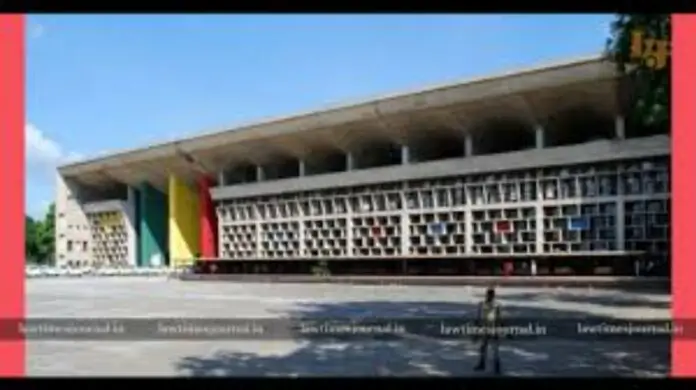
The dissolution of marriage by mutual consent has been taken as the easiest and the most sober form of breakdown of the sacrosanct bond in the country. The Hindu Marriage Act of 1955 is the statute that governs the proceedings of the same. However, the various parts and sections of the act have been difficult to be fathomed by the laymen as well as many High Courts. Therefore, just like all other statutes, the Hindu Marriage Act has also been given a clearer interpretation by the Supreme Court of India.
The Family Court of Fatehabad, under the Principal Judge, was hearing a petition under section 13B of the Hindu Marriage Act, submitted by the couples in the case Smt. Sunita Nisha v Yogesh Kumar. The parties had been married since January 2001 and had a son and a daughter. The son had died a long time ago and the daughter had been married off. The couple had been living separately since 2015 and had no ties of relationship between them. Therefore, they wanted a divorce on the basis of irretrievable breakdown of marriage. Usually, if the marriage has to be dissolved on the basis of mutual consent, the court gives a cooling off period for six months to the couple to reconsider their decision. The same had been done in the landmark case of Amardeep Singh v Harpreet Kaur, by the apex court.
However, it had also been interpreted by the Supreme Court that the cooling off period is only discretionary and dependent on the decision of the presiding judge. It is a directory measure and not a compulsory one.
As the family court asked the couple to comply with the order of reconciliation for six months, they moved to the High Court of Punjab and Haryana to challenge the order. The High Court was hearing the appeal under Article 227 of the Indian Constitution. The bench observed that the motive of granting divorce is to give another chance to both the parties to live their lives in the way they want. It is understood that the two have come to the court to take such a serious step only after due consideration of their relationship and its possibilities of further reconciliation or contemplation. Therefore, it is not for the court to force them to live together for another six months as that would only delay the process and not do anything beneficial.
The High Court, under Justice Arun Monga stated that the period should be waived off with immediate effect so that the process of mutual divorce can be simplified.
This is an extremely important judgement as the period of reconciliation had not only been unnecessary but also unduly long and exhaustive. The fear of lengthy and taxing court proceedings has forced couples to continue in unhappy marriages for a long time. The same has resulted in undesirable social mishaps such as adultery and domestic violence. Hence the decision of the court has been beneficial for not only couples seeking dissolution of marriage but also the society at large.








